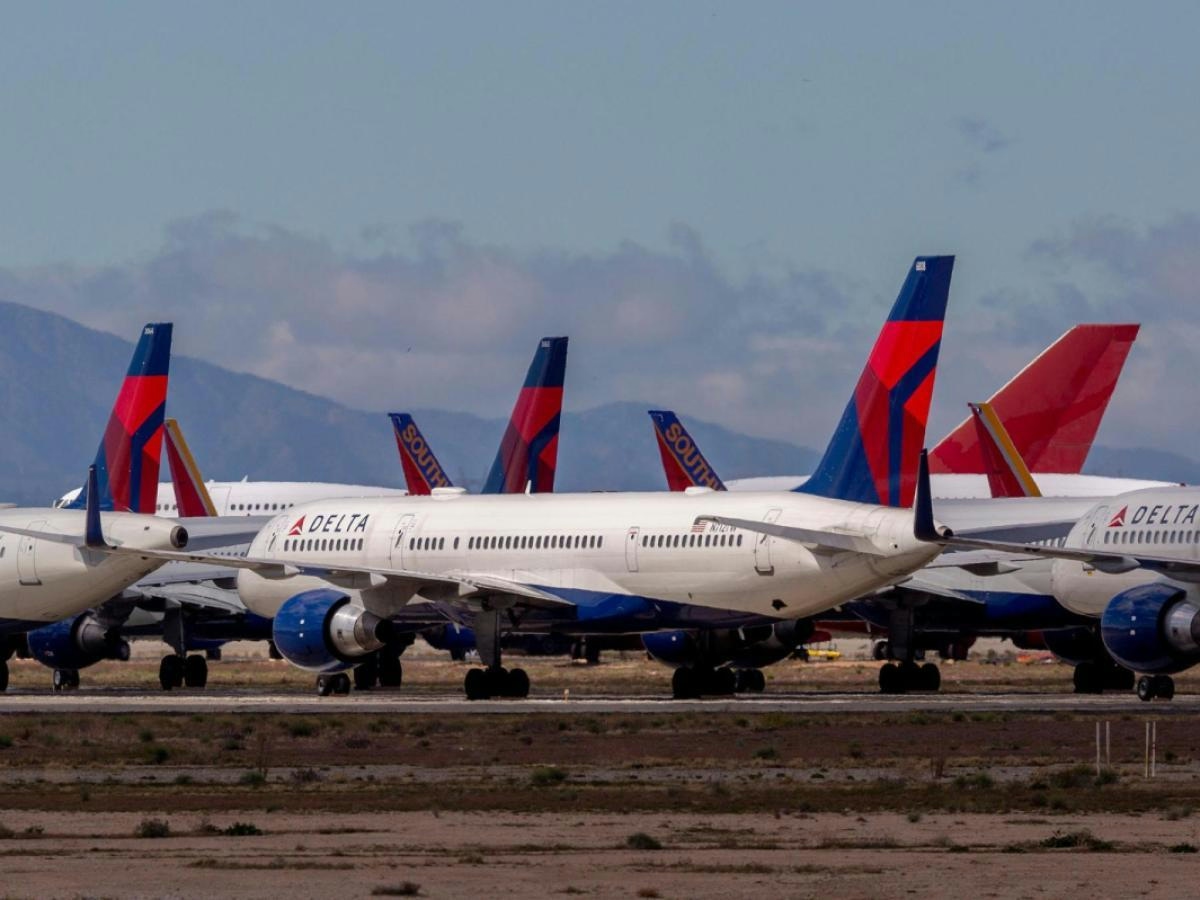AeroGenie — 您的智能副驾驶。
热门趋势
Categories
Delta Should Not Rely on AI to Set Ticket Prices

Delta Should Not Rely on AI to Set Ticket Prices
As Delta Air Lines expands its use of artificial intelligence to determine ticket prices, concerns are mounting among travelers about the potential for increased costs and unpredictability in airfares. The airline industry has long been criticized for a proliferation of additional fees, including charges for checked baggage, carry-ons, and seat selection. The introduction of AI-driven pricing raises fears that fares may become even less transparent and more personalized, potentially resulting in higher prices for many passengers.
The Challenges of AI-Driven Pricing
AI algorithms have the capacity to analyze extensive data sets and adjust prices dynamically, often producing different fares for the same seat depending on the individual booking and timing. While this technology promises greater efficiency and revenue optimization for airlines, it also prompts serious concerns regarding fairness and consumer protection. Critics warn that such systems could facilitate price discrimination, charging travelers based on their perceived willingness to pay rather than consistent, objective criteria.
Transparency remains a significant issue. The mechanisms behind AI pricing models are typically opaque, leaving consumers uncertain about how prices are set and limiting their ability to contest potentially unfair charges. This opacity has drawn the attention of lawmakers. Senators Ruben Gallego, Richard Blumenthal, and Mark Warner have formally requested that Delta disclose details about its AI pricing methods and their effects on customers, signaling the possibility of increased regulatory scrutiny.
Implications for Customer Trust and Industry Dynamics
The deployment of AI in pricing also risks undermining customer trust. Frequent flyers, accustomed to loyalty programs and relatively predictable pricing structures, may feel exploited if AI systems target them with higher fares. Such perceptions could provoke public backlash, damage Delta’s reputation, and lead to calls for more stringent oversight by the Department of Transportation and other regulatory bodies.
Competitors are closely monitoring these developments. While some airlines, such as American Airlines, have declared they will not implement similar AI pricing strategies, others may feel compelled to adopt comparable approaches or advocate for regulatory frameworks that ensure competitive fairness. The broader airline industry could face heightened scrutiny if AI-driven pricing becomes widespread, particularly if consumers view the technology as a mechanism for maximizing profits at their expense.
While AI offers powerful tools for optimizing airline operations, its application in ticket pricing demands careful consideration. Without transparency, fairness, and strong consumer protections, Delta risks alienating its customer base and inviting regulatory intervention. The airline industry must prioritize building trust and ensuring that technological advancements serve the interests of travelers, not solely the bottom line.

Emirates Unveils Cabin Design for New Boeing 777X

Eighteen Years On, the Airbus A380 Remains Central to a $34 Billion Airline

How a boom in luxury airline seats is slowing down jet deliveries

Navitaire Outage Attributed to Planned Maintenance

Airbus Plans Record Delivery of 870 Aircraft in 2026

DigiYatra Debuts Outside Aviation at India AI Impact Summit

Vietnam Orders Strengthen Boeing’s Commercial Outlook

Airbus Signals Uncertainty Over Future A400M Orders

JobsOhio Awards $2 Million Grant to Hartzell Propeller for Innovation Center

Collins Aerospace Tests Sidekick Autonomy Software on YFQ-42A for U.S. Air Force CCA Program
